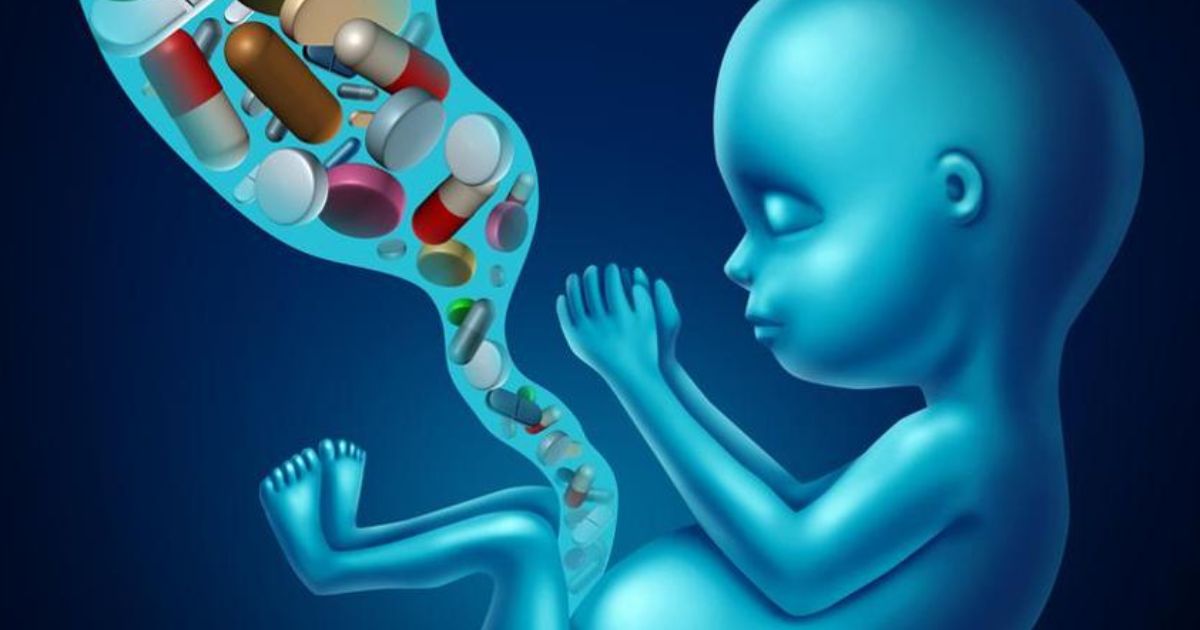Regarding pregnancy, there is an increasing awareness of prenatal depression as it is common leading to postpartum depression that will endanger both the mothers and their children.
When dealing with moderate to severe prenatal depression, pharmacotherapy comes out as the principal form of treatment.
However, the expanding prevalence of antidepressant use in pregnancy raises important questions about how social determinants can limit access to these crucial drugs.
Overview of the Study
In order to understand the correlation between social determinants and the use of prenatal antidepressants, twenty-three studies were reviewed.
These studies could be either cross-sectional, cohort or randomized controlled trials carried over on pregnant women facing mental health problems being the selection criteria.
They were thoroughly screened from a pool of 2,176 records obtained from different databases.
It was from their inception up to October 2022 following PRISMA guidelines and systematically assessed using JBI checklists for quality appraisal. The GRADE system was used to estimate and rate bias risk.
The main aim was to examine possible disparities in antidepressant utilization among diverse social determinants in pregnant women.
The Main Emphasis on the Use of Prenatal Antidepressants
The study aimed at determining whether there were any noticeable variations in the use of antidepressants among expectant mothers, investigating possible associations with many social determinants.
The Outcomes of the Study
The findings showed that education level had a significant association with prenatal antidepressant continuation.
Pregnant women with low levels of education were less likely to carry on taking antidepressants during pregnancy.
Despite some individual studies finding links between antidepressant use and different social factors, the meta-analysis did not establish any discernible link between continuation of antidepressants and race, partner status or income.
However, there was high heterogeneity among the included studies which made it difficult to draw definitive conclusions from it.
Nonetheless, the study highlighted how education levels can affect a woman’s ability to take prenatal antidepressants.
Implications and Limitations
The study, however, stressed the role of schooling as a determinant of prenatal use of these drugs, showing that different socioeconomic characteristics within the sample point to the multifaceted nature of that linkage.
The intricacy behind these findings implies a requirement for more specific and exhaustive studies on how different social determinants affect the use of antidepressants during pregnancy.
Moreover, since no categorical results can be deduced from this research due to high heterogeneity, it is important to investigate further into this vital area.
Conclusion
The study findings brought out a high-level and entangled association between social determinants and the prolonged usage of antidepressants while pregnant.
The consequences highlighted the need to acknowledge at the barest minimum, that education could influence access to psychiatric care during pregnancy.
By exploring this understanding further, it is possible to come up with new and subtle methods to address inequities in prenatal mental health services.
A broader information base can contribute to more holistic approaches in dealing with these disparities better.
Discussion and Future Directions
Further investigations are required to dig deeper into the many links between social determinants and treatment of maternal mental illness during pregnancy.
Addressing these gaps can lead to more encompassing strategies towards ensuring equal access to antidepressant therapies for pregnant individuals that would thereby improve both maternal and child health outcomes.
All in all, findings from this study stressed education level as one potential determinant of whether or not a woman will continue taking antidepressants after she becomes pregnant.
However, there is a need for further research and targeted interventions because of the complex nature of social determinants’ influence on mental health care provision during gestation in order to achieve equality across different levels including holistic care for expectant mothers.




























